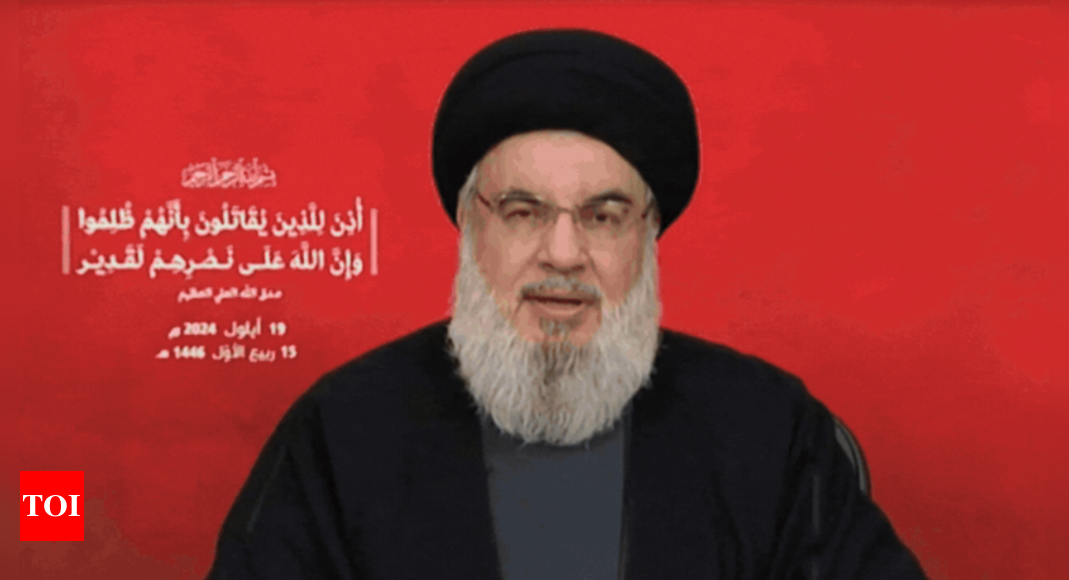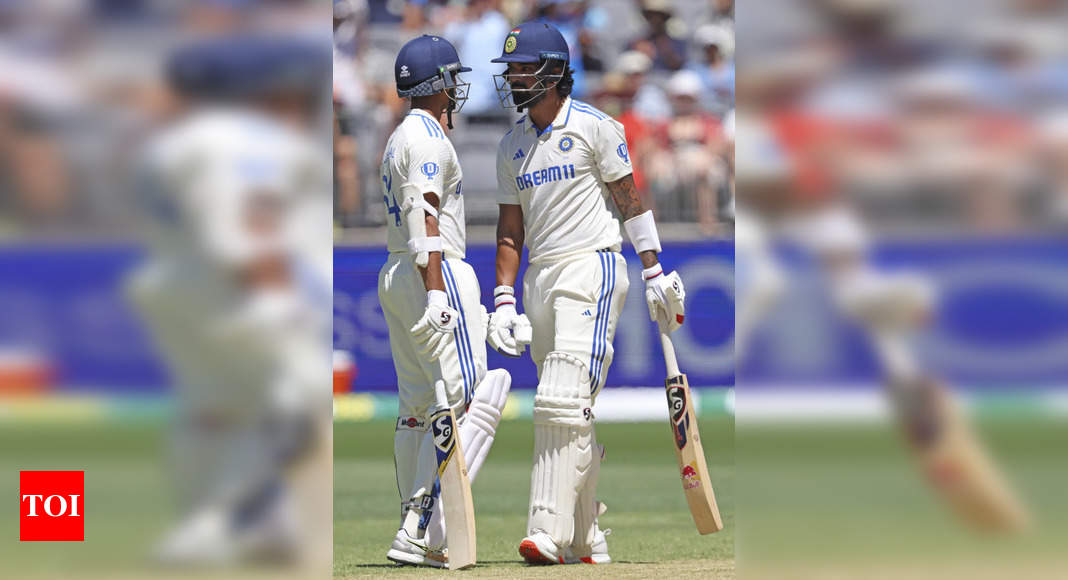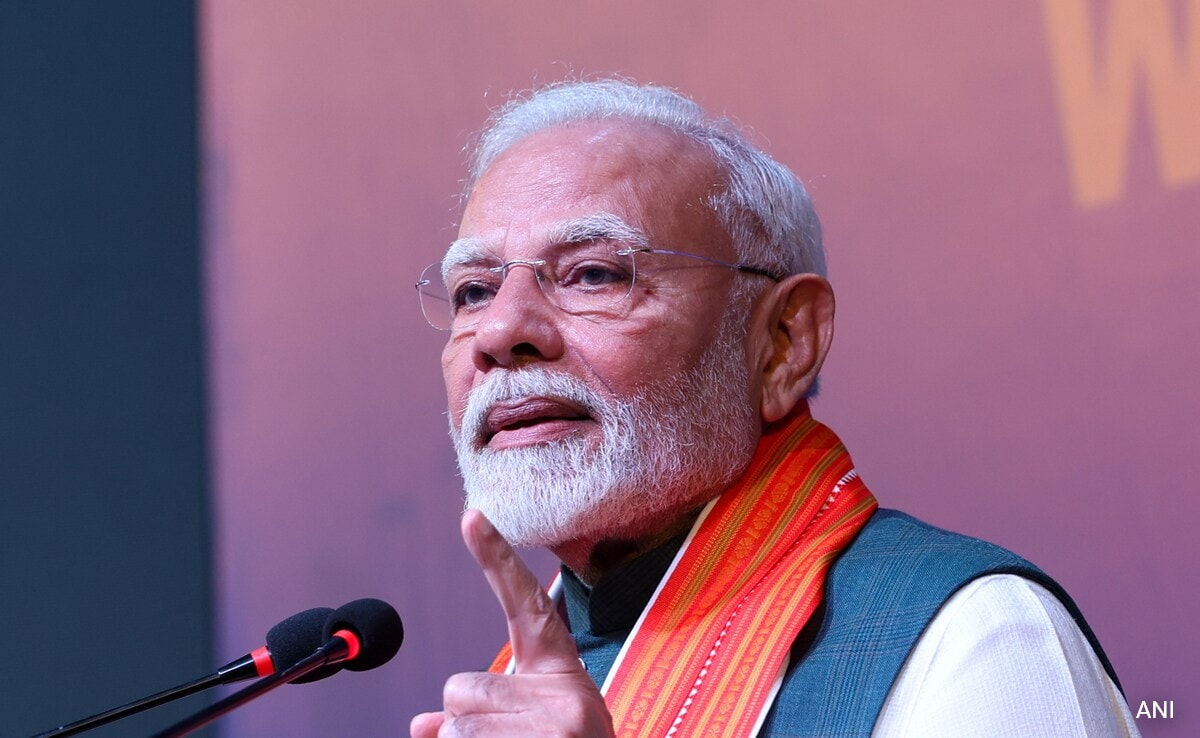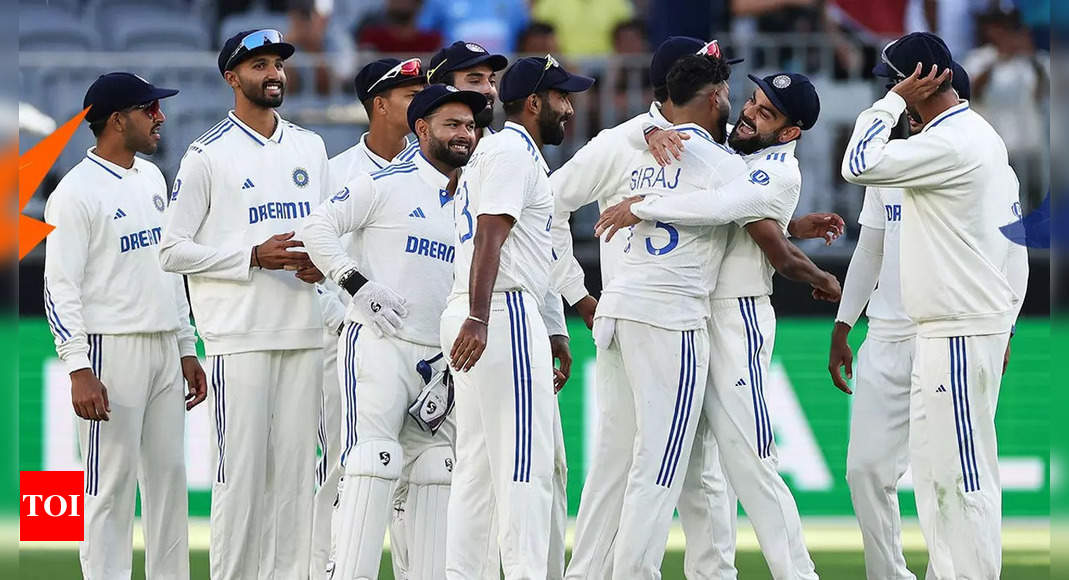
BEIRUT: Lebanon’s Hezbollah group confirmed on Saturday that its chief and one of its founders, Hassan Nasrallah, was killed in an Israeli airstrike in Beirut the previous day. A statement Saturday said Nasrallah “has joined his fellow martyrs” and the group vowed to “continue the holy war against the enemy and in support of Palestine”.
The Israeli military said it carried out a precise airstrike on Friday while Hezbollah leadership met at their headquarters in Dahiyeh, south of Beirut.Nasrallah, who led Hezbollah for more than three decades, is by far the most powerful target to be killed by Israel in weeks of intensified fighting with Hezbollah.
The Lebanese health ministry said six people were killed and 91 injured in the Beirut strikes Friday, which levelled six apartment buildings. Ali Karki, the commander of Hezbollah’s Southern Front, and additional Hezbollah commanders were also killed in the attack, the Israeli military said. Iran said a prominent general in its paramilitary Revolutionary Guard died in the airstrike. Abbas Nilforushan, 58, was killed Friday in Lebanon, Iran’s state-run IRNA news agency reported.
Israel’s chief of staff, Lt Gen Herzi Halevi, said Saturday that the elimination of Hezbollah secretarygeneral Hassan Nasrallah was “not the end of our toolbox”, indicating that more strikes were planned. “The message is simple, anyone who threatens the citizens of Israel — we will know how to reach them,” chief of the general staff Herzi Halevi said in a statement.Lt Col Nadav Shoshani, an Israeli army spokesperson, said the airstrike was based on years of tracking Nasrallah along with “real time information” that made it viable. Shoshani declined to say what munitions were used in the strike or provide an estimate on civilian deaths, only saying that Israel takes measures to avoid civilians whenever possible and clears strikes ahead of time with intelligence and legal experts.
Reacting to Nasrallah’s killing, Israel embassy in India spokesperson Guy Nir has warned that those who threaten Israeli civilians will be found and eliminated, adding, Israel is prepared for many scenarios.
Hamas: Resistance to go on
The Palestinian militant group Hamas in a statement issued condolences to its ally, Hezbollah. Nasrallah frequently described launching rockets against northern Israel as a “support front” for Hamas and Palestinians in Gaza. “History has proven that the resistance… whenever its leaders die as martyrs, will be succeeded on the same path by a generation of leaders who are more valiant, stronger and more determined to continue the confrontation,” the Hamas said.
It added “assassinations will only increase the resistance in Lebanon and Palestine in determination and resolve.” It was not immediately clear what effect the strike would have on Hezbollah or fighting between the sides.
Israel to step up attacks
Israel has vowed to step up pressure on Hezbollah until it halts its attacks that have displaced nearly 60,000 Israelis from communities near the Lebanese border. The recent fighting has also displaced more than 200,000 Lebanese in the past week, according to the United Nations.
The military said it was mobilising additional reserve soldiers as tensions escalate with Lebanon, activating three battalions of reserve soldiers to serve across the country. The call comes after it sent two brigades to northern Israel earlier in the week to train for a possible ground invasion.
Shoshani, the army spokesperson, said that Israel has inflicted heavy damage on Hezbollah’s capabilities over the past week by targeting a combination of immediate threats and strategic weapons, such as larger, guided missiles. But he said much of Hezbollah’s arsenal still remains intact and that Israel would continue to target the group. “We hope this will change Hezbollah’s actions,” he said.
140 airstrikes on Beirut
On Saturday, the Israel carried out more than 140 airstrikes in southern Beirut and eastern Lebanon’s Bekaa Valley, including targeting a storage facility for anti-ship missiles in Beirut suburb of Dahiyeh. Hezbollah launched dozens of projectiles across northern and central Israel and deep into the Israel-occupied West Bank, damaging some buildings in the northern town of Safed.









